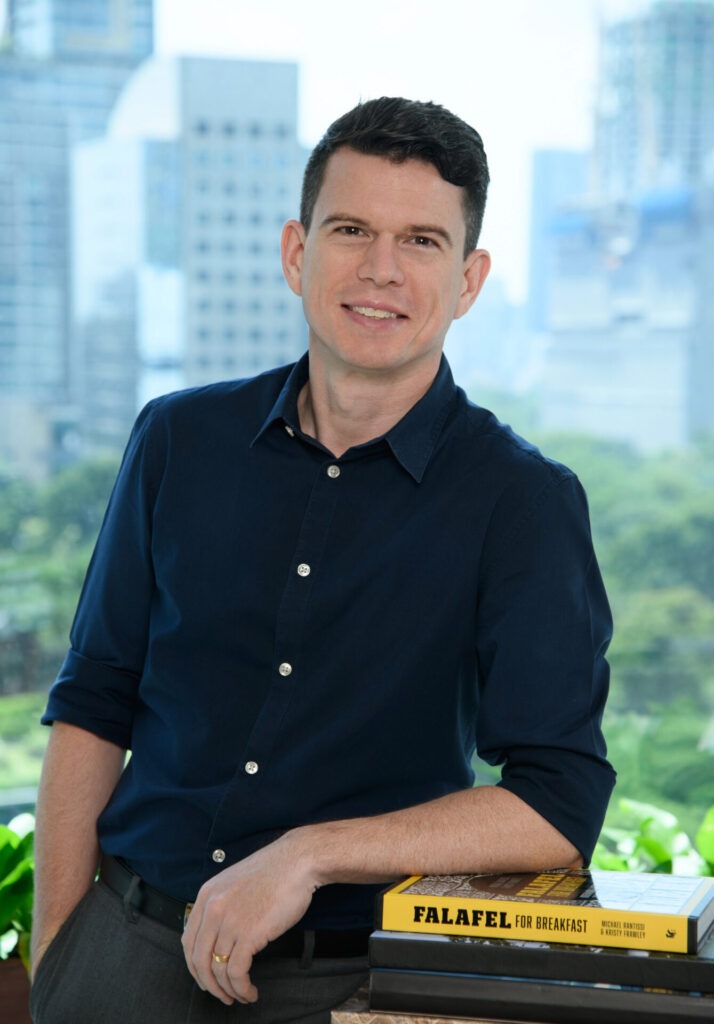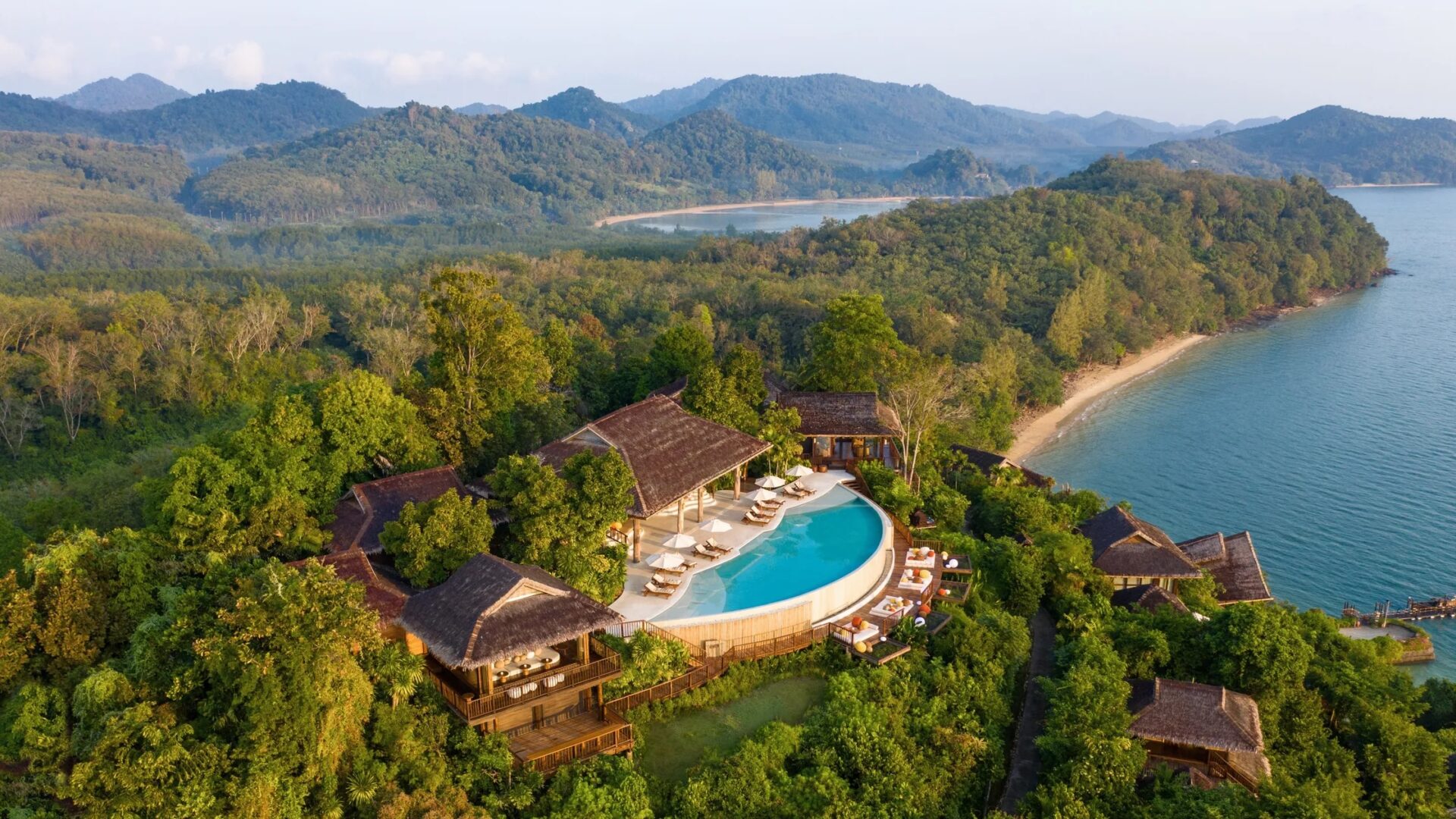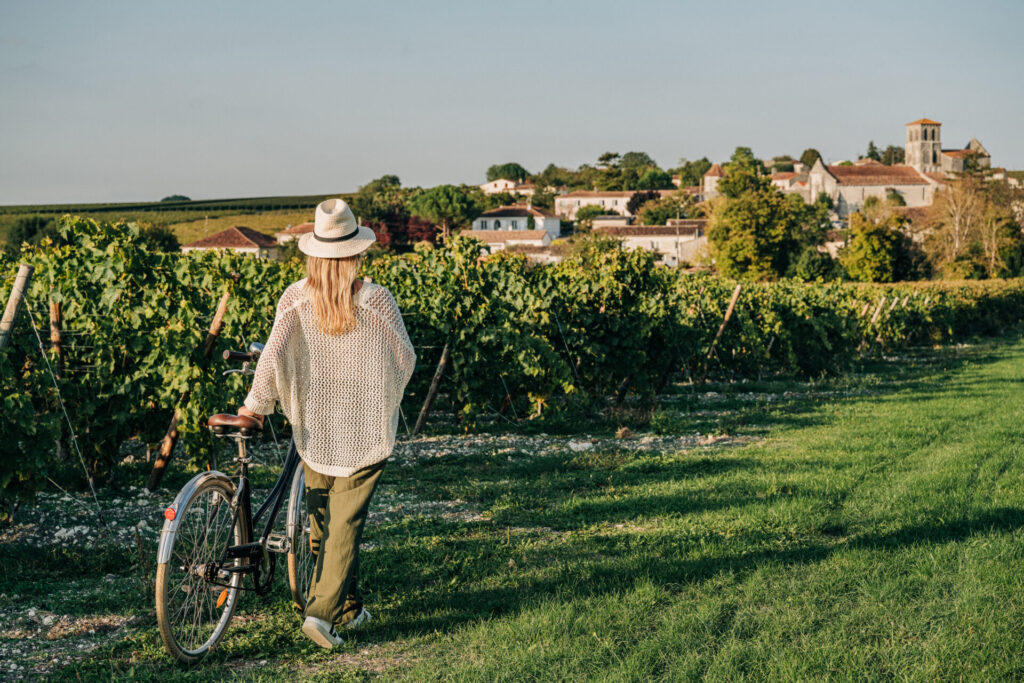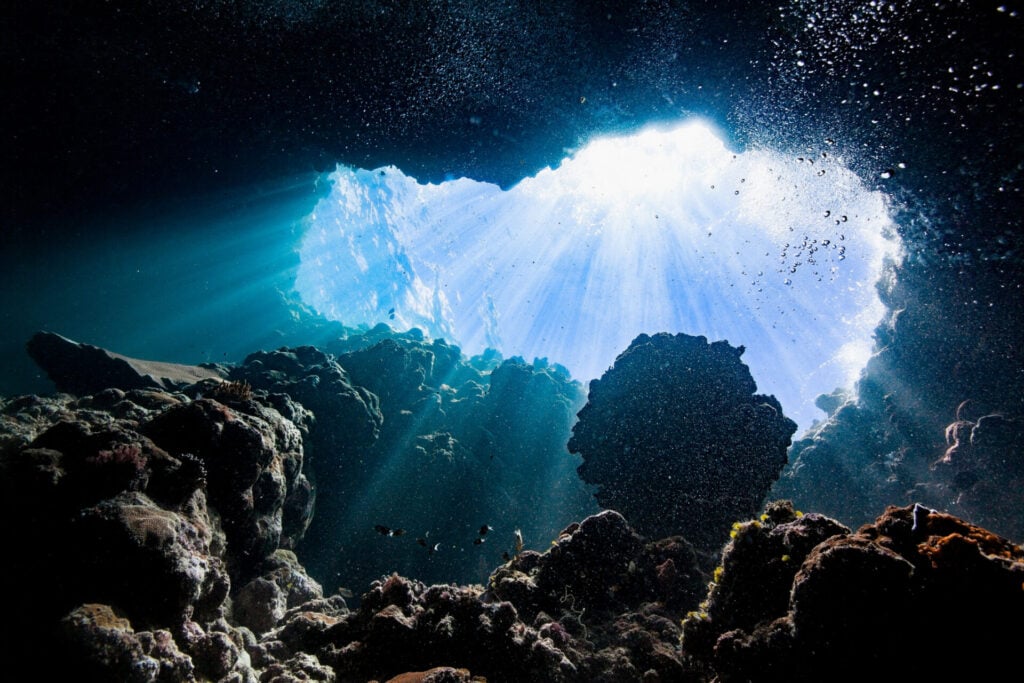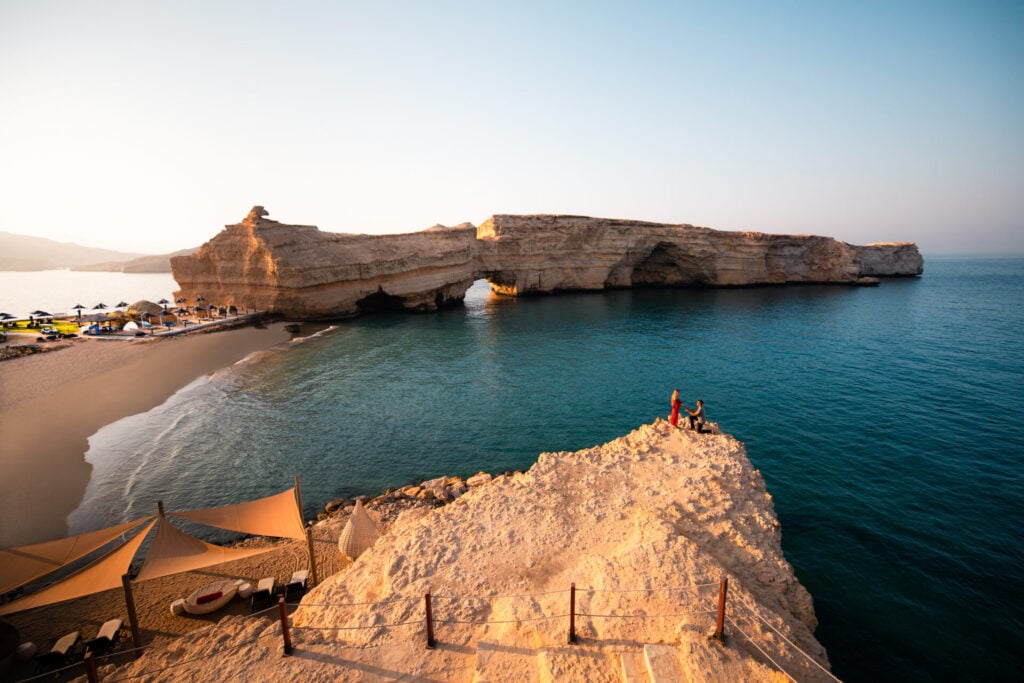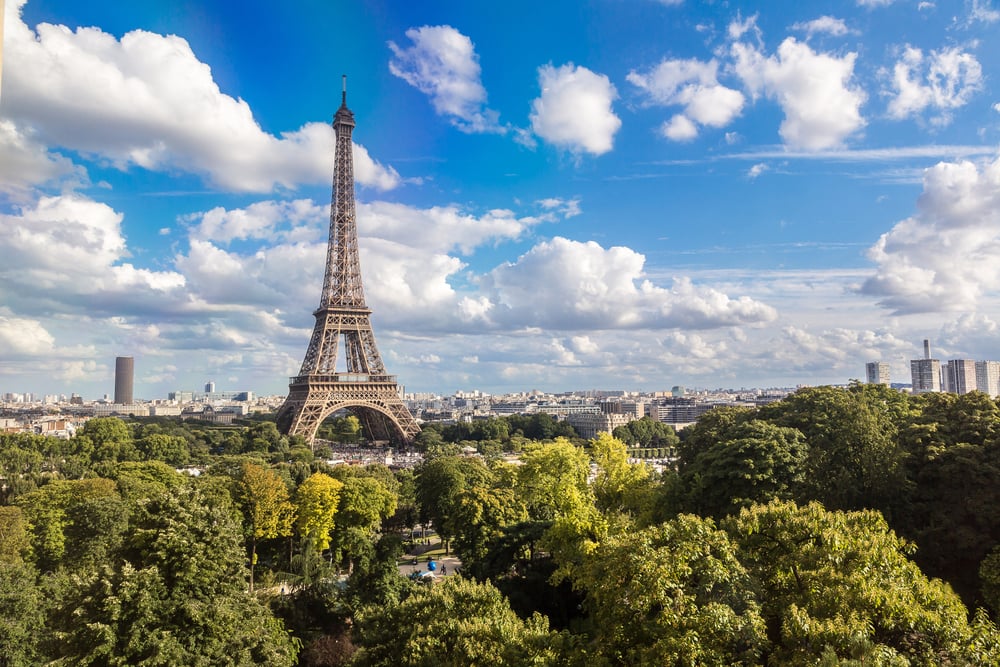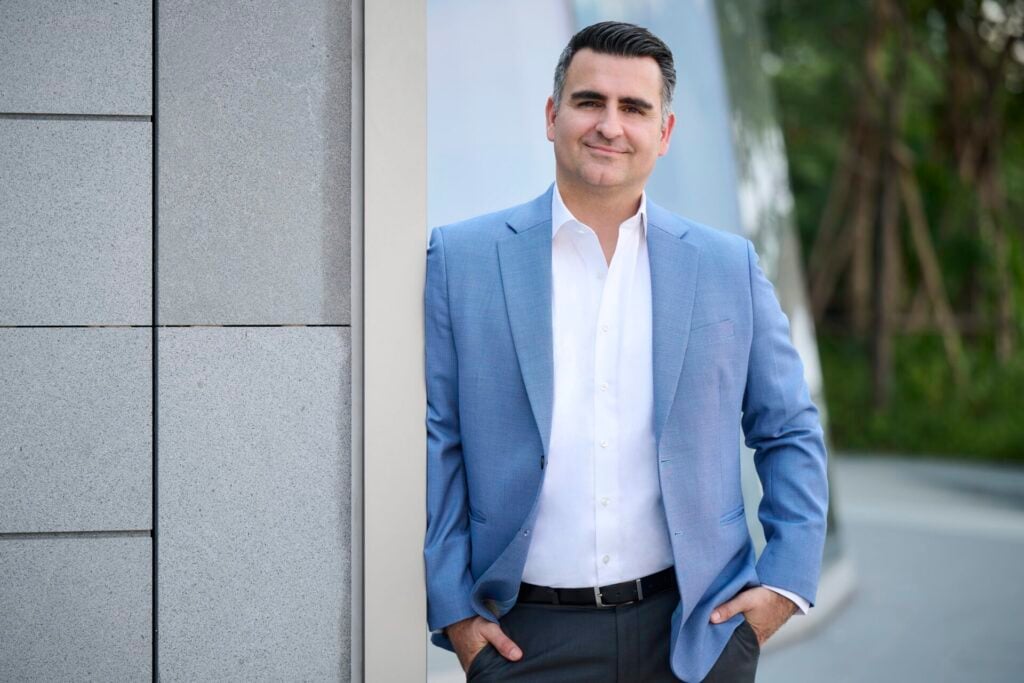With more than 26 resorts and hotels across 20 countries, and new openings planned from Dubai to Greece, Six Senses has become synonymous with travel that inspires and gives back. Since its launch in 1995, the brand has evolved from a handful of visionary eco-retreats into one of the world’s most awarded hospitality names, recognised not just for its luxury design and wellness innovation but for embedding sustainability into all aspects of the guest experience.
In 2024 alone, Six Senses collected 16 Condé Nast Traveler Readers’ Choice Awards, alongside global honours for Water and Waste Innovation and Circular Economy Leadership at the World Sustainable Travel & Hospitality Awards. From vaccinating goats in Oman and rescuing hedgehogs in Ibiza, to planting bamboo forests in Vietnam and restoring mangroves in Thailand, the brand is defined by measurable impact, local partnerships and a genuine respect for place.
At the centre of it all is Jeff Smith, the brand’s Vice President of Sustainability, who’s spent years making sure every stay leaves the world a little better than it was found. The Ethicalist caught up with him to learn how the brand continues to weave environmental stewardship into every stay.
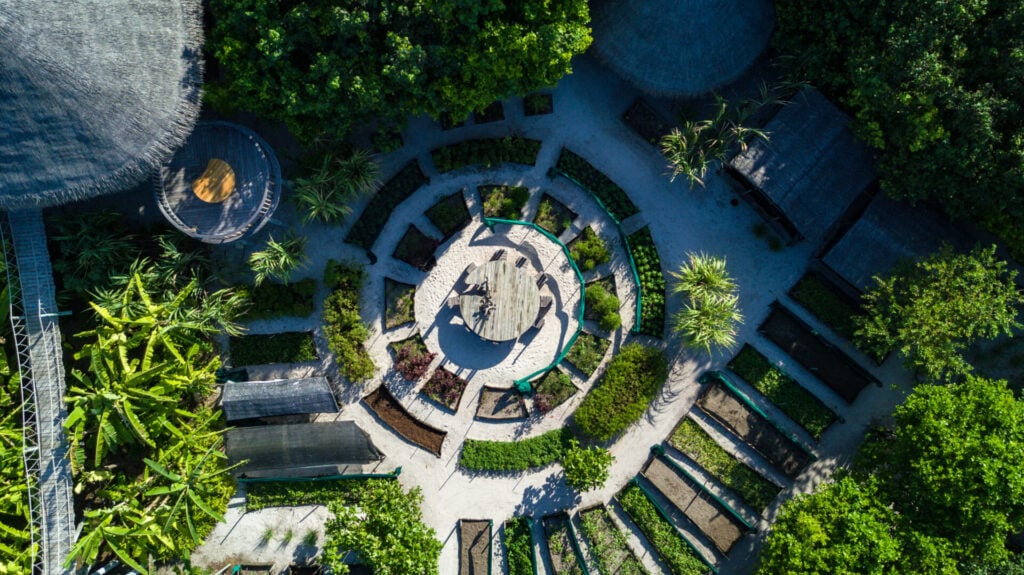
TE: Some people see luxury as excess and sustainability as restraint. Do you think that perception is changing, and how do you bring the two together at Six Senses?
JS: At Six Senses, we’ve never seen luxury and sustainability as opposites. From the beginning, we’ve shaped a new kind of travel that trades excess for essence and indulgence for purpose. Our guests are discerning, they want experiences that feel good and do good at the same time. For us, sustainability doesn’t mean compromise; it means considered choices that enhance the experience. Whether that’s enjoying homegrown organic cuisine, sleeping deeply in a room designed with natural materials, or enjoying an Earth Lab workshop, the luxury is in knowing your stay has a positive impact.
TE: How do you make sustainability something guests genuinely enjoy, rather than something that feels like a responsibility?
JS: For us, sustainability is never about rules or obligations, it’s about discovery, joy and connection. From blending herbal remedies in our Alchemy Bars to joining marine biologists on conservation dives, every experience sparks curiosity and creates ‘pinch-me’ moments. These playful, hands-on experiences often become the most memorable parts of a stay, making sustainability feel natural, uplifting, and inspiring.
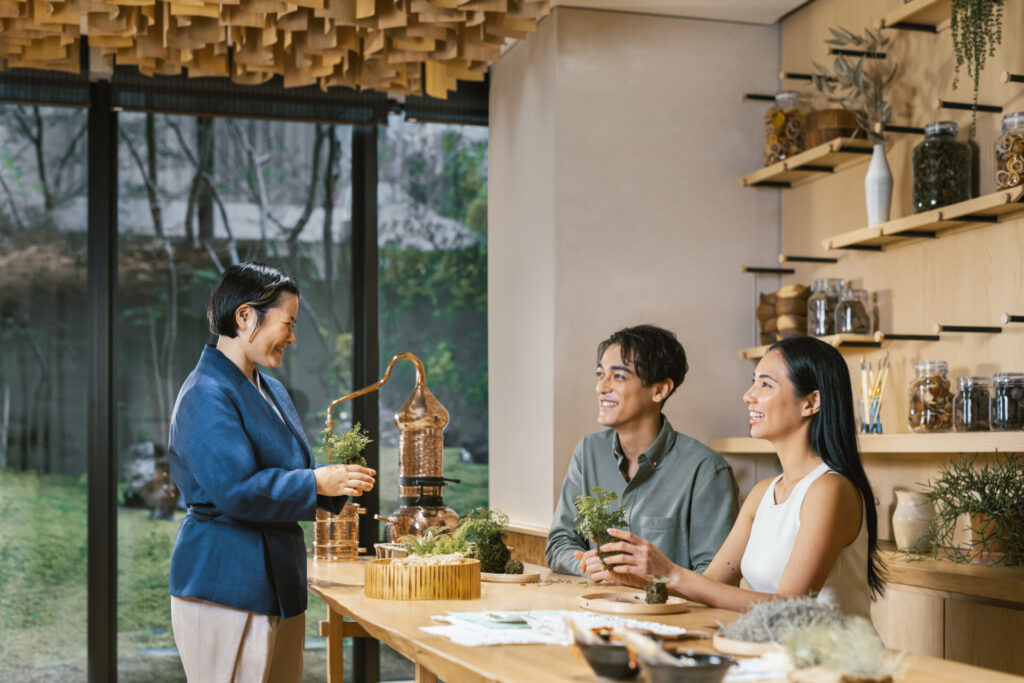
TE: Six Senses is often associated with pristine places where people can reconnect with nature. But behind that beauty is also fragile wildlife. How do you see the role of luxury hospitality in protecting these ecosystems?
JS: Our responsibility is twofold – to create exceptional guest experiences while protecting the ecosystems that make them possible. Each property leads its own conservation initiatives, from coral restoration in the Maldives to hedgehog rescue in Ibiza. We dedicate 0.5 per cent of total revenue to local community and environmental projects. By making conservation part of our everyday operations, guests see that luxury can also mean stewardship.
TE: Six Senses is pushing boundaries with things like Earth Labs and plastic-free policies. What’s an idea you’re excited to experiment with next that might surprise people?
JS: We’re always looking for ways to make sustainability tangible. Right now, I’m excited about deepening our circularity programmes, finding inventive ways to turn waste into resources. Guests already get a taste of this through our Earth Lab workshops, but there’s so much potential in making closed-loop systems part of everyday hospitality. At Six Senses Amaala for example, we aim to trial a program making art from aluminium cans. Showing people how playful and creative sustainability can be is where the magic happens.
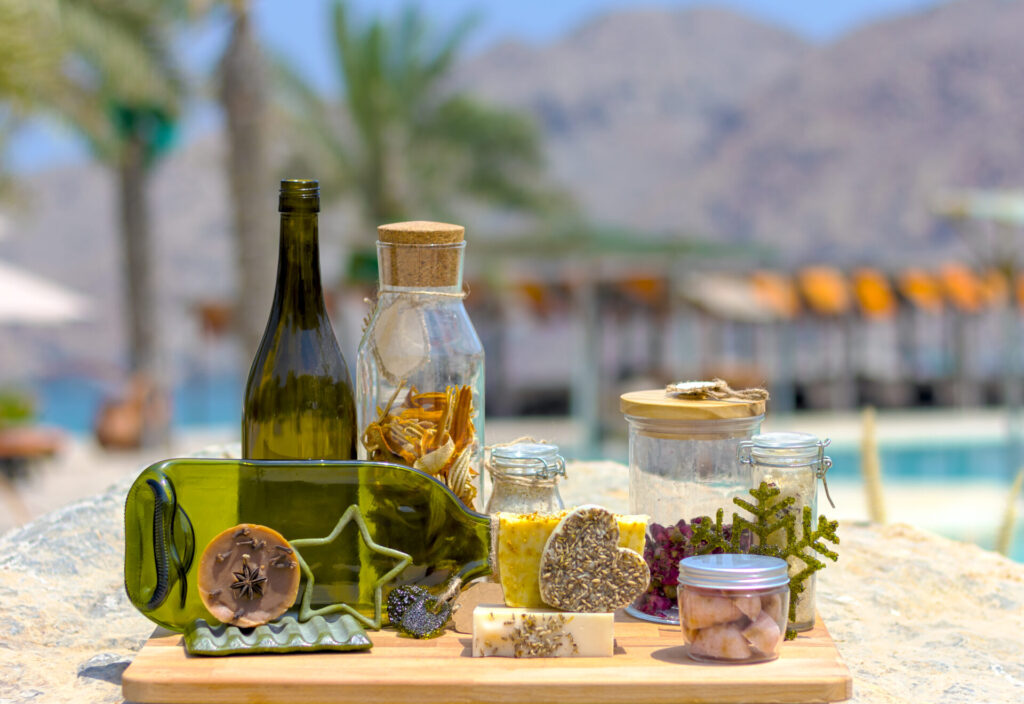
TE: Is there a moment or project where you thought: this is why I do what I do?
JS: Every time I see a guest light up when they learn something new, whether it’s a child planting their first tree or a couple encountering their first manta ray, that’s the moment. It’s proof that sustainability isn’t abstract. It’s personal, and it has the power to connect people with themselves, others, and the world around them.
TE: Where do you see the future of sustainable travel going in the next decade, and what role do you hope Six Senses plays in shaping it?
JS: The future of sustainable travel is rooted in integrity and meaning. Guests are moving beyond ‘green checklists’, they want authenticity, measurable impact, and experiences that resonate deeply. At Six Senses, our role is to continue leading by example, embedding sustainability into design, cuisine, and wellness, and inviting guests to be part of it. In the next decade, I see sustainable travel becoming the standard, not the exception and I hope Six Senses continues to inspire the industry to raise its bar.
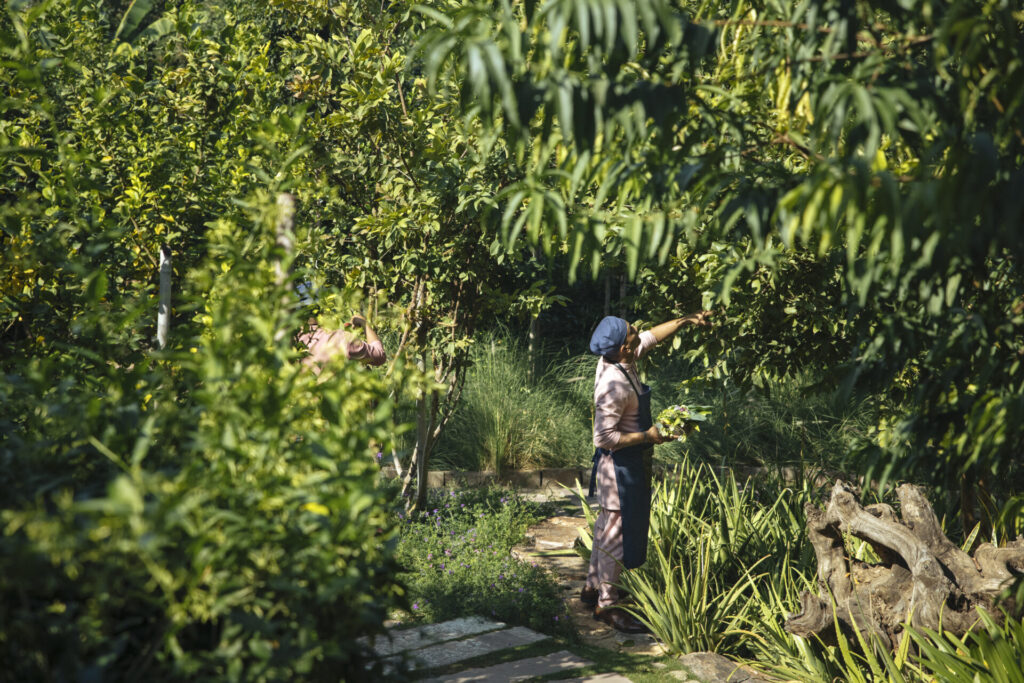
TE: You’ve compared parts of your role to running an NGO. Can you explain that?
JS: That’s because our work goes far beyond hospitality. Every property contributes to its local community and environment, from sanitation projects to health education and biodiversity preservation. Like NGOs, we operate with a sense of purpose, it’s about building lasting impact beyond our walls.
TE: Outside the data, how do you personally measure success in your job?
For me, success lives in the human stories. When a host launches their own sustainability project, or a guest writes back months later to say they’ve changed something at home because of their stay, that’s when I know we’re making a difference. Data is important, but it’s the lived experience that carries real meaning.
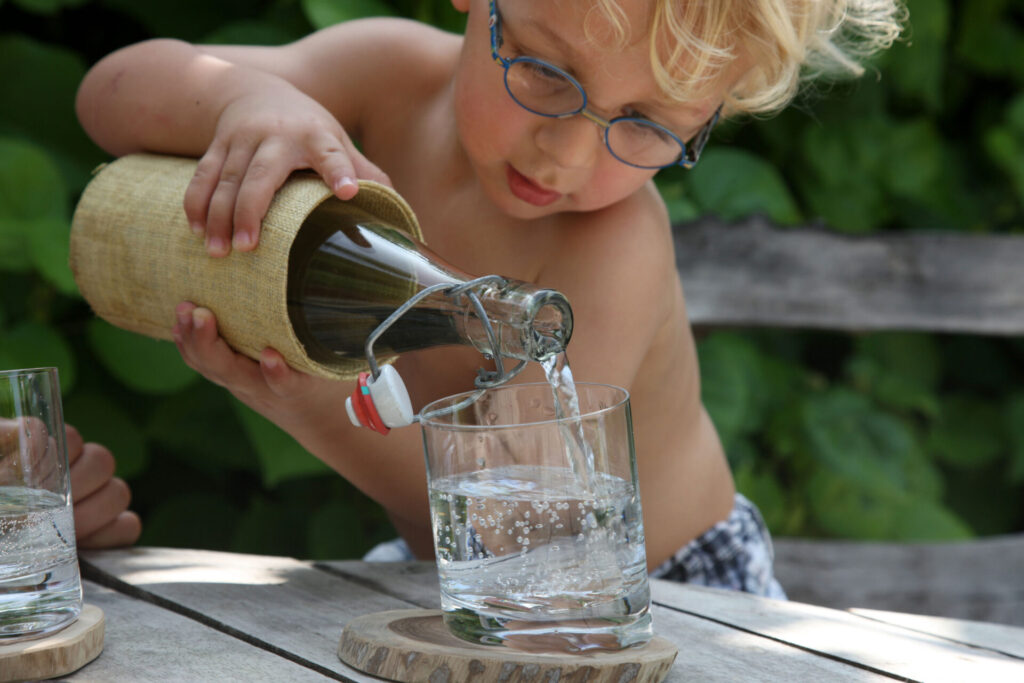
TE: You grew up outside Toronto watching nature shows. Looking back, do you think that early fascination with the natural world still shapes the way you lead sustainability today?
JS: Absolutely. That early sense of wonder is still what drives me. At Six Senses, we try to create that same feeling for our guests – moments of awe that remind us how interconnected we are with nature. Protecting that wonder, and the ecosystems that inspire it, is at the heart of what I do.
TE: Who or what inspires your sustainability journey outside of work?
JS: I’m constantly inspired by the people we collaborate with – farmers, artisans, scientists, and community leaders. They show me that sustainability is not about grand gestures, but about small, consistent actions rooted in care. That perspective keeps me motivated every day.
TE: Finally, if you could design your own dream ‘Six Senses retreat’ anywhere in the world, with no limits, where would you build it and how would sustainability shape it?
JS: For me, the dream is less about the location and more about the philosophy. Wherever it is, it would be built with local materials, powered by renewable energy, and designed to feel seamlessly part of its landscape. Guests would connect deeply with the surrounding community and environment, leaving refreshed and inspired to bring sustainable practices into their own lives.
